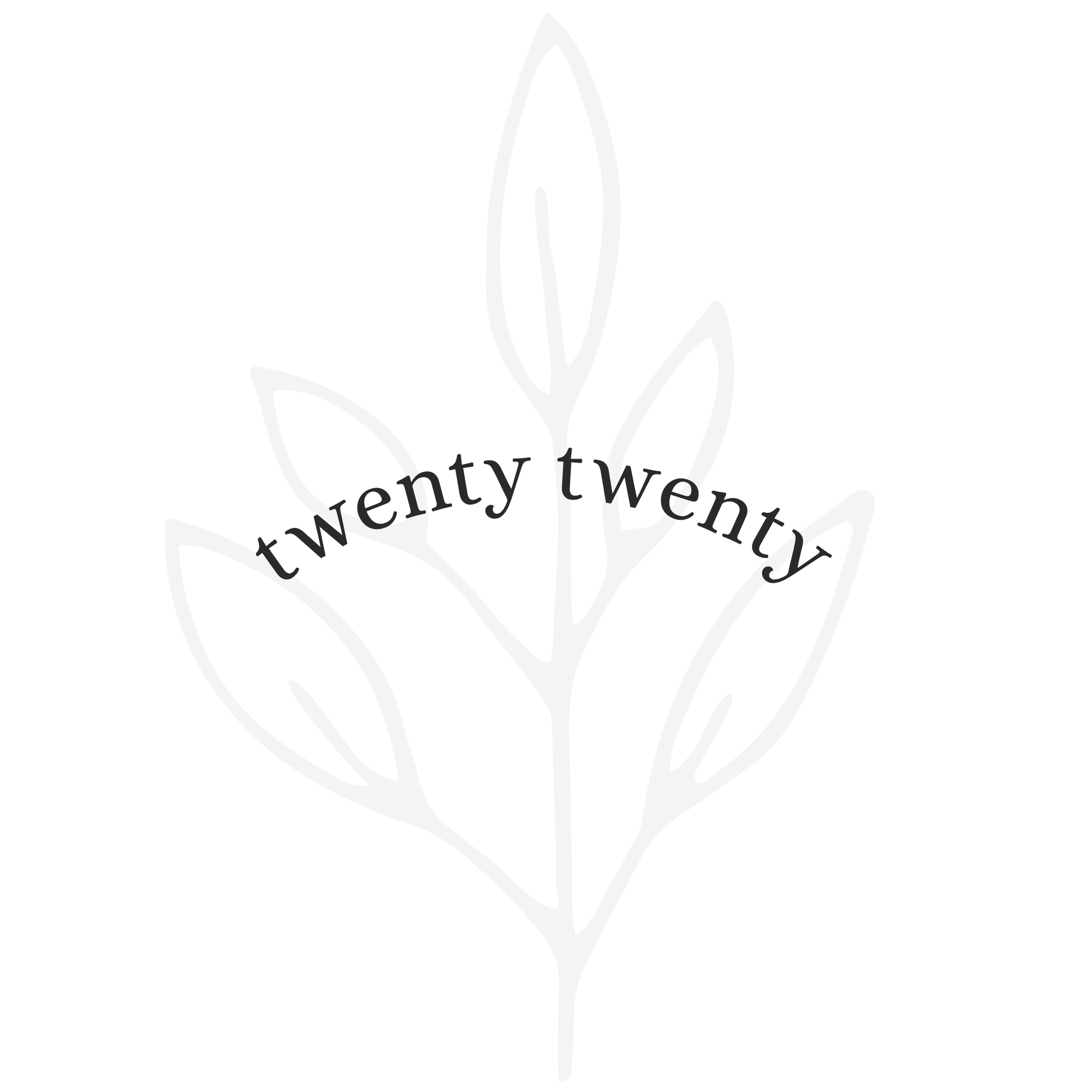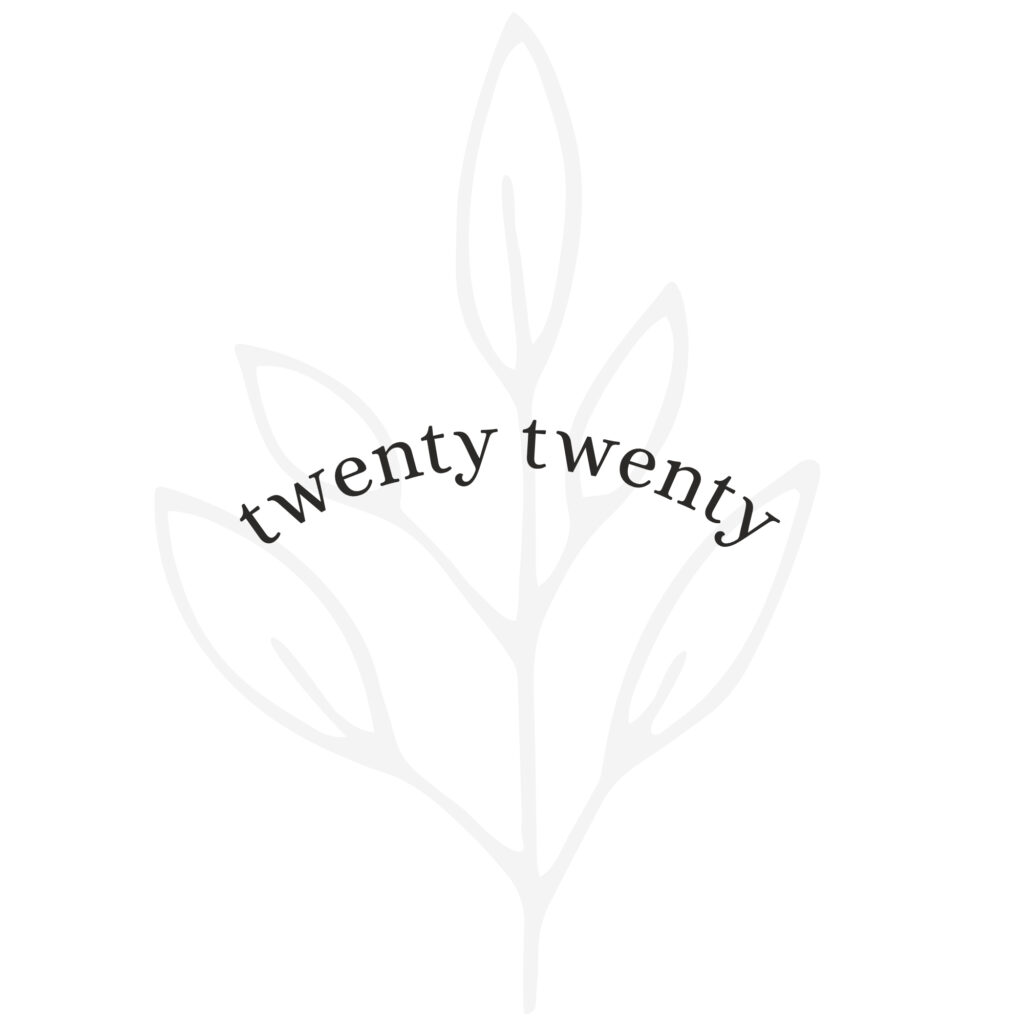Super and tax – what’s changing on 1 July 2024

They say nothing is certain in life except two things – death and taxes.
Australians can probably add a third – the knowledge that come the end of financial year, the rules around superannuation and taxation will inevitably change.
It can be hard keeping up with all the latest super and tax rule tweaks so here’s a quick guide to everything you need to know about what’s changing on 1 July 2024.
First, some good news.
Do you know your Total Superannuation Balance (TSB)? You should!

The total superannuation balance or TSB was a significant change introduced as part of the Government’s superannuation reform package, taking effect on 1 July 2017. However, unlike other changes, such as the pension transfer balance cap, the total superannuation balance has generally been overlooked despite its broad implications.
Maximising wealth together: Super contributions for your spouse

Maximising super contributions for your spouse is a smart financial move that can benefit both your partner and your family’s long-term financial security. By actively contributing to your spouse’s super account, you not only help them build a more substantial retirement nest egg, but also enjoy potential tax benefits in the process. However, it’s essential to understand the eligibility criteria, contribution limits, and potential implications on other aspects of your retirement plan and estate planning.
How to upsize your super with a tax-free downsizer contribution

Did you know from age 55, you may be eligible to make a super contribution of up to $300,000 using the proceeds from the sale of your home?
Downsizing your home in retirement could have several upsides – some money in your pocket, less maintenance, and depending on your new location, greater convenience.
If it’s something you’ve thought about, particularly if you’d like more savings to fund your retirement, the government’s downsizer contribution scheme may be of interest.
Here’s what’s involved, what the potential benefits may be, and what you should consider.
Making downsizer contributions into super

If you’re over 55 and looking to boost your retirement savings, you may be eligible to make a super contribution of up to $300,000 from the sale proceeds of your primary residence.
Avoid the superannuation death tax

As superannuation assets and individual balances continue to grow, more and more Australian families will receive a rude shock after the death of a family member in the form of up to a 17% tax bill on a portion of the deceased superannuation benefits. In some rare cases, tax of 32% could be levied.
What to consider when choosing an investment option?

When it comes to choosing an investment option when you join a super fund, there are several key questions you should ask yourself
Downsizing your home? Understanding the downsizer contribution

Understanding the downsizer contribution
What’s super and how does it work?

A helpful guide to understanding the basics of super.
What does climate change mean for your super balance?

It’s impossible to ignore the issue of climate change in 2022. And certainly, if you’re invested in the markets, you wouldn’t want to.

